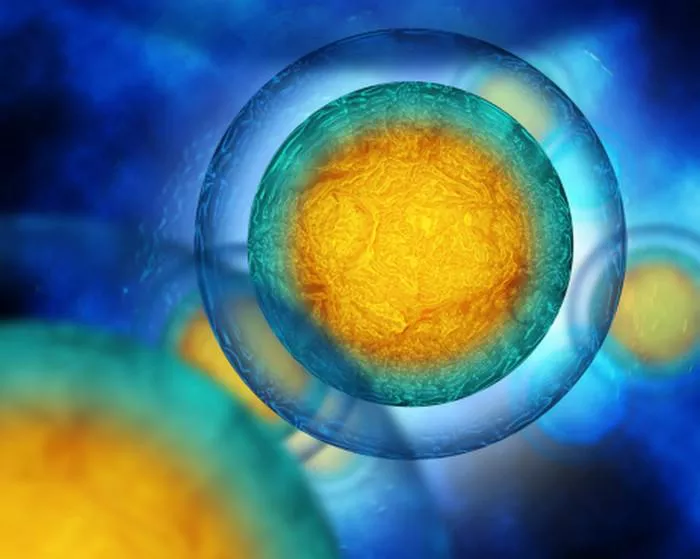Embarking on the journey to parenthood is a deeply personal and exciting endeavor, but for many, conceiving a child may take time and patience. If you’re eager to start or expand your family, understanding how to optimize your fertility and increase your chances of getting pregnant faster is essential. In this comprehensive guide, we’ll explore a variety of strategies and tips to help you on your quest to conceive.
Understanding Your Menstrual Cycle:
Track Your Ovulation:
Ovulation, the release of an egg from the ovary, is a crucial phase of your menstrual cycle and represents the most fertile window for conception. Monitoring your menstrual cycle and identifying the timing of ovulation can significantly increase your chances of getting pregnant. Utilize ovulation predictor kits, track basal body temperature, or observe changes in cervical mucus to pinpoint your fertile days accurately.
Optimize Timing:
Aim to have intercourse during your fertile window, which typically occurs around ovulation. Sperm can survive in the female reproductive tract for several days, so engaging in regular intercourse in the days leading up to ovulation can maximize the likelihood of conception. Consider using ovulation prediction tools or fertility tracking apps to help you identify the optimal time for intercourse.
Lifestyle Factors and Fertility:
Maintain a Healthy Weight:
Both overweight and underweight individuals may experience disruptions in hormonal balance, which can affect fertility. Strive to maintain a healthy body weight through a balanced diet and regular exercise. Achieving a healthy weight can regulate menstrual cycles and optimize fertility.
Minimize Stress:
Chronic stress can impact reproductive hormones and disrupt the menstrual cycle, potentially hindering conception. Incorporate stress-reduction techniques such as mindfulness meditation, yoga, or deep breathing exercises into your daily routine. Prioritize self-care and relaxation to support optimal reproductive health.
Nutrition and Supplements:
Focus on Nutrient-Rich Foods:
A well-balanced diet rich in fruits, vegetables, whole grains, lean proteins, and healthy fats provides essential nutrients vital for reproductive health. Incorporate foods rich in folate, iron, calcium, and omega-3 fatty acids to support fertility and overall well-being.
Consider Supplements:
Certain vitamins and minerals, such as folic acid, vitamin D, and omega-3 fatty acids, play key roles in reproductive health and fetal development. Consult with your healthcare provider about taking prenatal vitamins or fertility supplements to ensure you’re meeting your nutritional needs.
Medical Evaluation and Assistance:
Seek Preconception Care:
Schedule a preconception appointment with your healthcare provider to discuss your plans for pregnancy and address any underlying health concerns. Your healthcare provider can assess your overall health, review your medical history, and provide personalized recommendations to optimize fertility.
Consult a Fertility Specialist:
If you’ve been actively trying to conceive for several months without success, consider seeking the guidance of a fertility specialist. A reproductive endocrinologist can conduct fertility evaluations, identify potential barriers to conception, and recommend appropriate treatment options, such as fertility medications, assisted reproductive technologies, or other interventions.
Conclusion:
Embarking on the journey to parenthood is an exciting and fulfilling experience, but it may require patience, perseverance, and proactive steps to achieve your goal of getting pregnant faster. By understanding your menstrual cycle, optimizing lifestyle factors, prioritizing nutrition and supplements, and seeking appropriate medical evaluation and assistance when needed, you can enhance your fertility and increase your chances of conceiving a healthy baby. Remember to approach the process with patience, positivity, and open communication with your partner, and trust that your efforts will eventually lead you to the joy of parenthood.
























